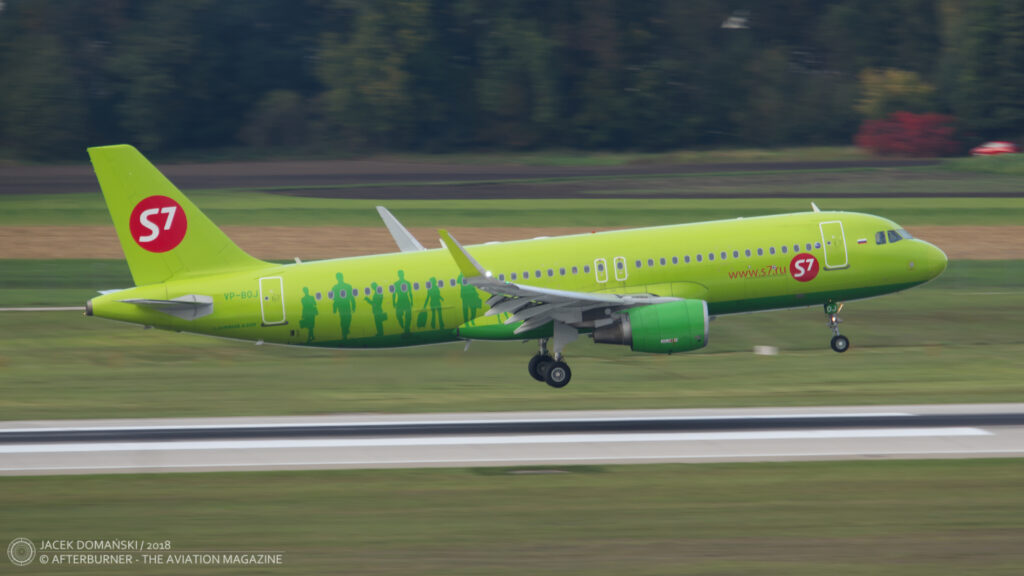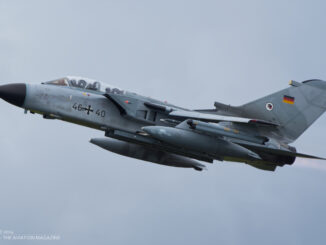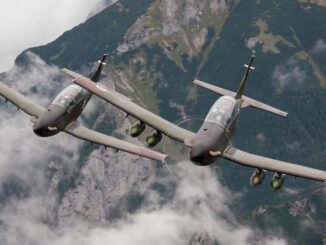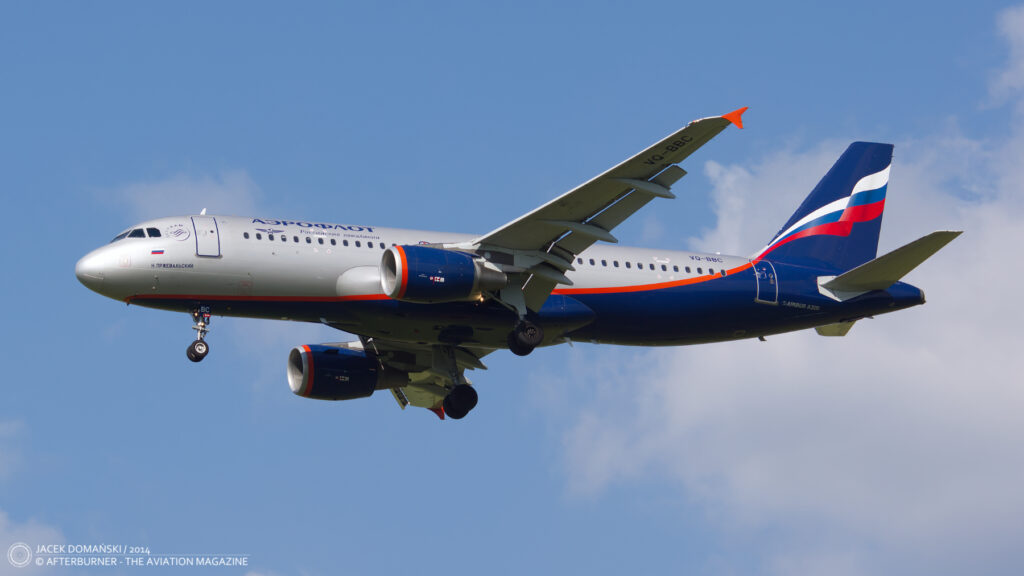 On 10th July 2024, the Russian daily newspaper Известия (Izvestia) informed about the new joint initiative of Aeroflot and Rosatom to produce spare parts for foreign-made passenger aircraft. This decision was made in face of the Western sanctions against Russia and the ending stock of original parts.
On 10th July 2024, the Russian daily newspaper Известия (Izvestia) informed about the new joint initiative of Aeroflot and Rosatom to produce spare parts for foreign-made passenger aircraft. This decision was made in face of the Western sanctions against Russia and the ending stock of original parts.
According to the article published by one of the leading Russian newspapers, the aforementioned companies intend to establish an industrial complex able to manufacture air conditioning systems, power supply equipment, lightning, emergency and rescue systems, oxygen supply installations and fire-fighting equipment.
The domestically made components and spare parts had to be analogous to original items. In addition, they will be certified by the aviation authorities for use on foreign aircraft.
Izvestia quoted the Rosatom representative who stated that the company is also going to apply for FAP-109 standard of the Federal Aviation Regulations, meaning the official approval of manufacturing metal, plastic and composite products for aviation. In major part, the production will be aimed for Aeroflot needs. According to the official information, manufacturing of domestic components for Boeing and Airbus aircraft in Rosatom subsidiaries will start in August of 2024.
Rosatom also reported that one of its subsidiaries – Чепецкий механический завод (Chepetskiy Mechanical Plant) – already launched production of titanium alloy elements for the aviation industry.
The aviation-related cooperation between Rosatom and Aeroflot was for the first time officially announced in September of 2023, during the VIII Eastern Economic Forum. At that time, the companies signed a memorandum of strategic partnership aimed at quick response to the Western sanctions that significantly affected supply of spare parts and maintenance of foreign-made aircraft in the Aeroflot fleet.
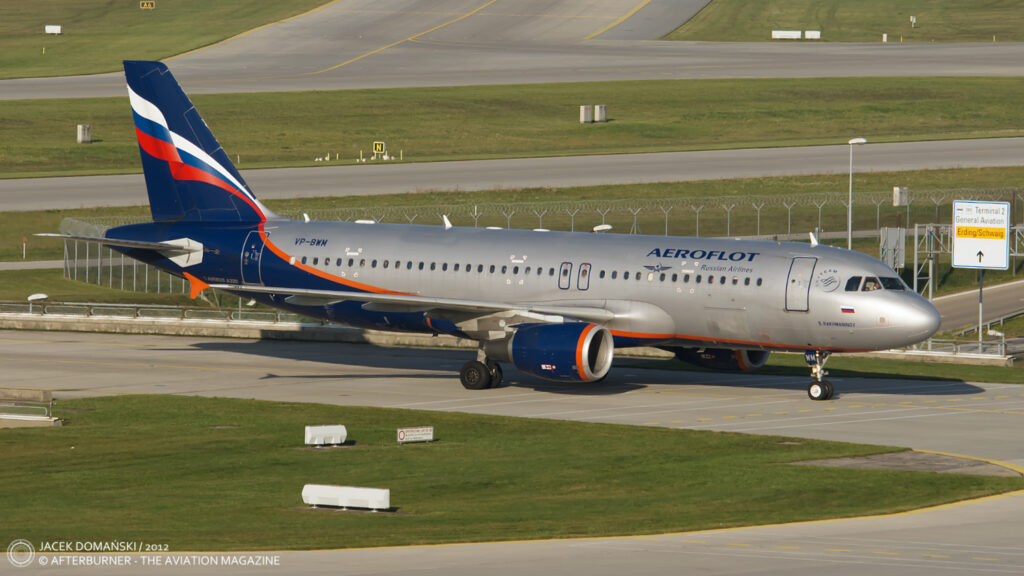
Research and development of the aviation-related production was then assigned to АО Наука и инновации (JSC Science and Innovation) branch of the Rosatom company, in cooperation with Физико-энергетический институт имени А.И. Лейпунского (I.I. Leypunsky Institute of Physics and Power Engineering). According to press releases issued by Aeroflot, domestically made spare parts and systems are exceeding the original ones in terms of resource by 20-25%.
At the end of June 2024, Rosatom delivered to Aeroflot the first batch of locks for luggage and cargo compartments in Airbus A320/321. According to the airline, the domestically manufactured locks are 40% cheaper than originals, while maintaining the same quality and safety levels.
It should be also noted that in June of 2024, the press service of Andrey Vorobyov, the governor of Moscow Oblast, informed about the agreement signed between the Moscow region authorities and Протектор (Protector) company.
Following that agreement, Protector is going to build an aviation plant in the Moscow area, aimed to manufacture spare parts for Boeing, Airbus and other foreign aircraft. The company is also going to provide repairs and maintenance service to secure the airworthiness of the Russian-operated airliners. Value of the Protector´s investment in the new aviation factory is estimated at 3.5 billion roubles (approximately 36.6 million EUR). The new plant is expected to launch its operation in 2026.
Nowadays, despite the sanctions, the Russian airlines are still operating a significant number of Boeing and Airbus aircraft. The exact number of airworthy aeroplanes is not known but estimates made at the beginning of this years mentioned approximately 260 Airbus (A320/321/330/350) and 200 Boeing (737/777) airliners in service.
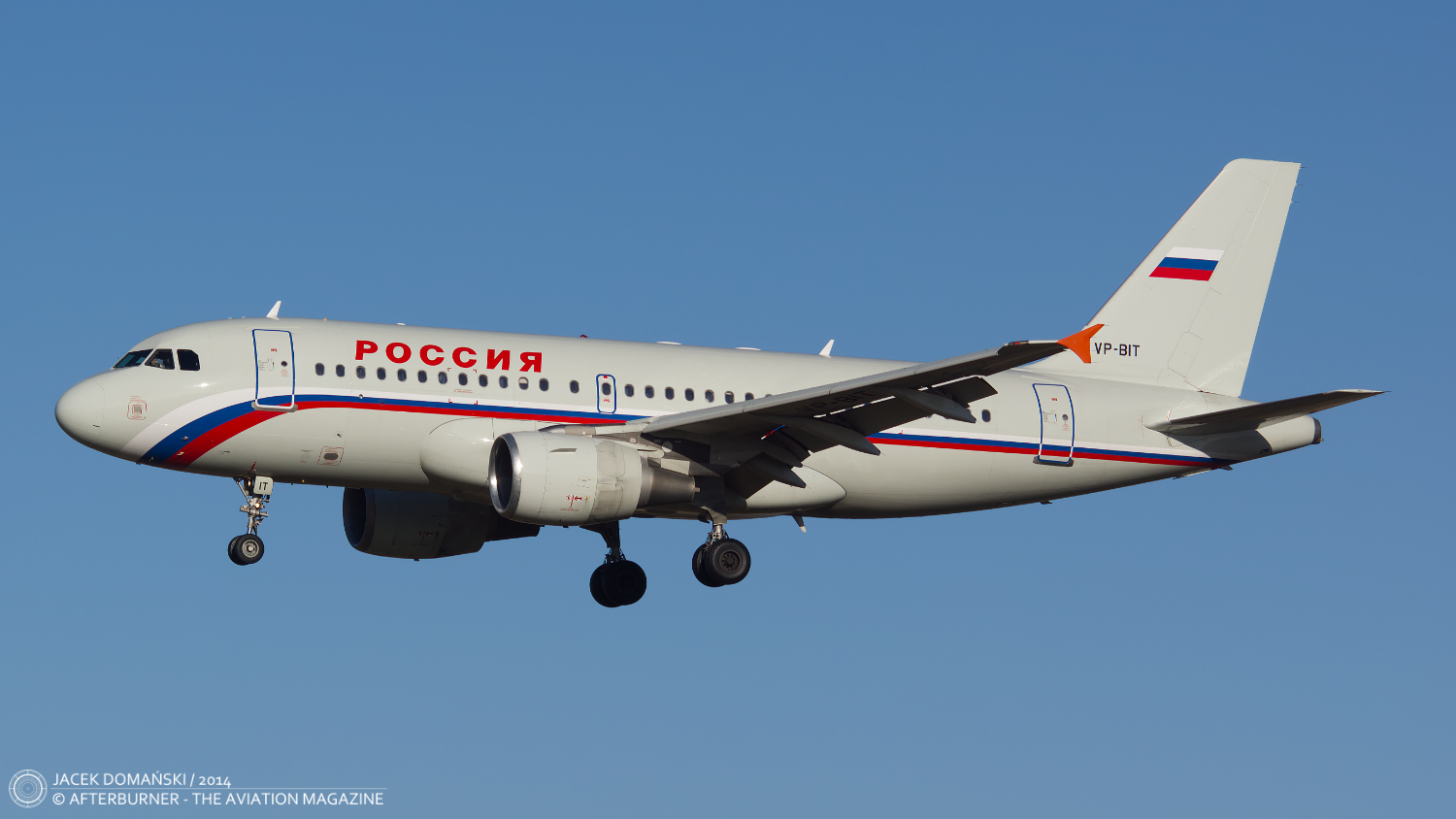
The Russian government repeatedly stated that the number of foreign aircraft in the airline service should be significantly reduced by 2023. However, that plan regularly faces obstacles such as low production of domestically developed airliners, issues with their quality and maintenance, as well as reluctance of the aviation companies to acquire the Russian-made aircraft. Earlier this year, deliveries of MC-21 airliner were postponed again, this time to 2025. The Superjet 100 is also far behind the initial schedule and is expected to be ready only in 2026.
Therefore, it is not surprising the Russian passenger carriers still depend on foreign-made aeroplanes and place great importance on keeping them airworthy. Local manufacturing of spare parts and components, as well as domestic maintenance service, are just answers to that demand.
However, critics of that approach argue that proper certification of domestically made parts and components may take years, if done properly. In addition, some of the components, mainly modern electronics, were never produced in Russia before and there is no real possibility to substitute them with local equivalents.
More information about the current Russian passenger aviation industry and the issues it faces, as well as the visions for future, can be found in our article Modern Russian airliners – where the mistake was made?, issued in April of 2024.
